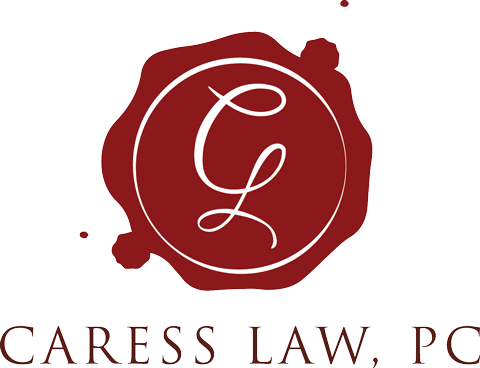Ask the average person what they know about estate planning and you’ll probably hear something about last wills and testaments. These are the most well-known documents associated with the subject, after all, but they are far from the only ones that matter. Trusts, advance directives, and power of attorney documents are just as essential. Indeed, every single adult should have powers of attorney in place. That so few people know this contributes to the common misperception that estate planning is only for the elderly, when—in reality—no one over the age of 18 should lack at least the basic documents. And now, more so than ever, this is a vital matter.
In Times of Crisis, Establishing Power of Attorney is Essential
Power of attorney, in the simplest terms, refers to a legal document that allows you to designate another person to act on your behalf in the event that you become unable to do so. The sorts of actions the designated person will typically undertake include selling a car or home, signing a contract, executing financial transactions, and signing legal documents—all immensely important tasks. In some states, a power of attorney will dictate who should make healthcare decisions in the event that you become unable to do so yourself, though, in Oregon, this designation is made in what’s known as an advance directive. The bottom line, however, is that many forms (no pun intended) of power of attorney exist and you, the one signing off, are able to choose the extent of authority you would like to assign.
In the context of estate planning, durable power of attorney is the sort most-often talked about. Here, “durable” refers to the fact that the decision-making powers granted remain in effect even if the grantor—referred to as the “principal” in legalese—becomes incapacitated. Catching a deadly virus and ending up on a ventilator is precisely the sort of situation durable power of attorney is designed for, and this is why having one matters so much right now. After all, if you are fighting for your life and unable to communicate, you should be sure the care you receive aligns with your values…and you don’t want to have to worry about whether your bills have been paid.
Power of attorney documents don’t only exist to protect you from complications arising due to incapacitating illness, however. General power of attorney is another sort that provides wide-ranging legal powers to the person named by the principal, but which loses effect in the event of incapacitation. Because of this difference, general and durable powers of attorney are used for different purposes. Should you, for instance, require assistance with a burdensome legal task, you might assign a loved one general power of attorney.
While the principle is always free to dictate the authority granted by a power of attorney document, the above two examples usually assign far-reaching powers. Limited or special power of attorney, on the other hand, does precisely what the name suggests: grants limited legal powers to a designated individual. Like general powers of attorney, this variety terminates in the instance that the principle becomes incapacitated and is most-often used for such acts as selling a piece of property or signing a legal document.
Finally, some states allow for what is called springing power of attorney, or a variation that “springs” into effect when a certain sort of event, such as incapacitation, occurs. Unlike a durable powers of attorney, which takes effect as soon as the document is signed, this option must be triggered, therefore it is especially important that the kind of event or incapacitation bringing the power of attorney into effect be clearly specified. Should otherwise be the case, court procedures may slow the process at precisely a time when fast action is needed.
Naturally, an experienced estate planning attorney is your best resource for ensuring that a springing or any other sort of estate planning document is properly drafted. What’s more, a firm specializing in the subject can advise you in which document is best-suited to your needs. Granting power of attorney is no small matter, and so receiving reliable, professional advice is paramount. Should you have questions about this or any other estate planning matter, don’t hesitate to reach out to our office!


